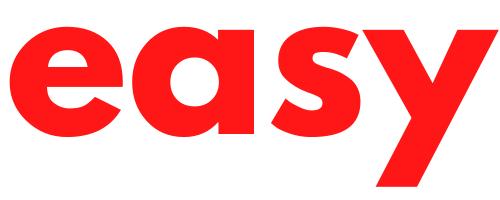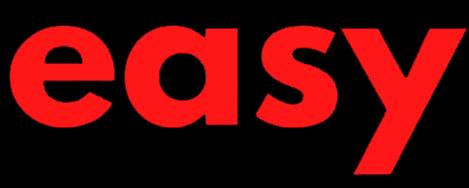If you’ve taken a home loan and find yourself with some extra savings — maybe from a bonus, a side hustle, or investments — the next question is bound to pop up:
Should I use this money to close my loan completely or just pay off a part of it?
That’s where the terms loan foreclosure and prepayment come in. While both help reduce your home loan burden, they’re not the same thing. And choosing the right option can help you save money on interest, become debt-free faster, and manage your finances better.
Let’s break it down in simple, real-world terms.
What Is Prepayment in a Home Loan?
Prepayment simply means paying more than your regular EMI. It’s when you pay a portion of your home loan — ahead of schedule — without closing the full loan. You can do this once in a while, or even make multiple partial payments during your tenure.
Many people prepay their loans when they receive a salary bonus, returns from an investment, or some unexpected surplus. Even if it’s not a large amount, prepayment brings a meaningful benefit: it reduces your loan principal. This means your interest in future EMIs drops, and depending on your lender, you can either reduce your monthly EMI or shorten the overall tenure.
For example, if your outstanding loan is ₹30 lakh and you prepay ₹3 lakh, your interest burden automatically reduces. Over time, this can save you thousands — or even lakhs — depending on how early in the loan term you do it.
What Is Loan Foreclosure?
Foreclosure, on the other hand, is when you repay the entire outstanding loan amount in one shot — much before the end of the original loan tenure. It’s basically saying, “I don’t want to wait another 10 years to repay this loan — I’ll pay it all off now.”
Foreclosing a loan ends your EMI journey instantly. Once you complete the full repayment, the lender will issue you a closure certificate and return your original property documents. It also gives a strong boost to your credit score, since it shows you’ve successfully closed a long-term loan.
Borrowers often opt for foreclosure when they’ve sold the house, received a large inheritance or business income, or just want to be free from debt sooner than planned.
So, Which Option Is Better — Prepayment or Foreclosure?
There’s no one-size-fits-all answer here. It depends on your financial situation, how much surplus money you have, and how far along you are in your loan.
If you have a small lump sum — say a few EMIs worth — prepayment is a great strategy. It steadily chips away at your interest, especially if done in the early years of your loan (when most of your EMI goes toward interest anyway). It’s low-commitment, flexible, and gives you breathing room without wiping out your savings.
Foreclosure is best if you’ve saved up enough to pay off the entire loan balance. It makes sense if your financial goals have changed or if you want to reduce monthly obligations altogether. It’s also a strong move for peace of mind — no more EMIs, no more debt.
Are There Any Extra Charges?
Thanks to RBI guidelines, there are no foreclosure or prepayment penalties on floating-rate home loans. This gives borrowers more freedom to repay early without extra costs.
However, if you’re on a fixed-rate loan, your lender might still charge a small fee (usually 1–2% of the prepaid amount). It’s always wise to check your original loan documents or speak to your lender for clarity.
The good news is that lenders like Easy Home Finance follow a paperless, digital-first approach where most prepayments and foreclosures can be initiated online, without paperwork or long queues.
Final Thoughts
Whether you choose to prepay part of your loan or foreclose it completely, both are powerful tools to reduce your interest burden and take charge of your finances. The key is to make the move that suits your current cash flow, financial goals, and peace of mind.
If you’re still unsure, you can use an online EMI calculator or talk to your lender to see how different options play out. And if you’re with a lender like Easy Home Finance, you’ll find smart repayment tools and transparent planning support every step of the way.
At the end of the day, it’s not just about repaying your home loan — it’s about doing it smartly.
Want to Begin?
Apply for a Home Loan with Easy Home Finance: https://easyhomefinance.in/site/apply
Check Your Eligibility Instantly: https://easyhomefinance.in/loan
Learn More About Our 100% Digital Process: https://www.easyhomefinance.in









Leave a Comment